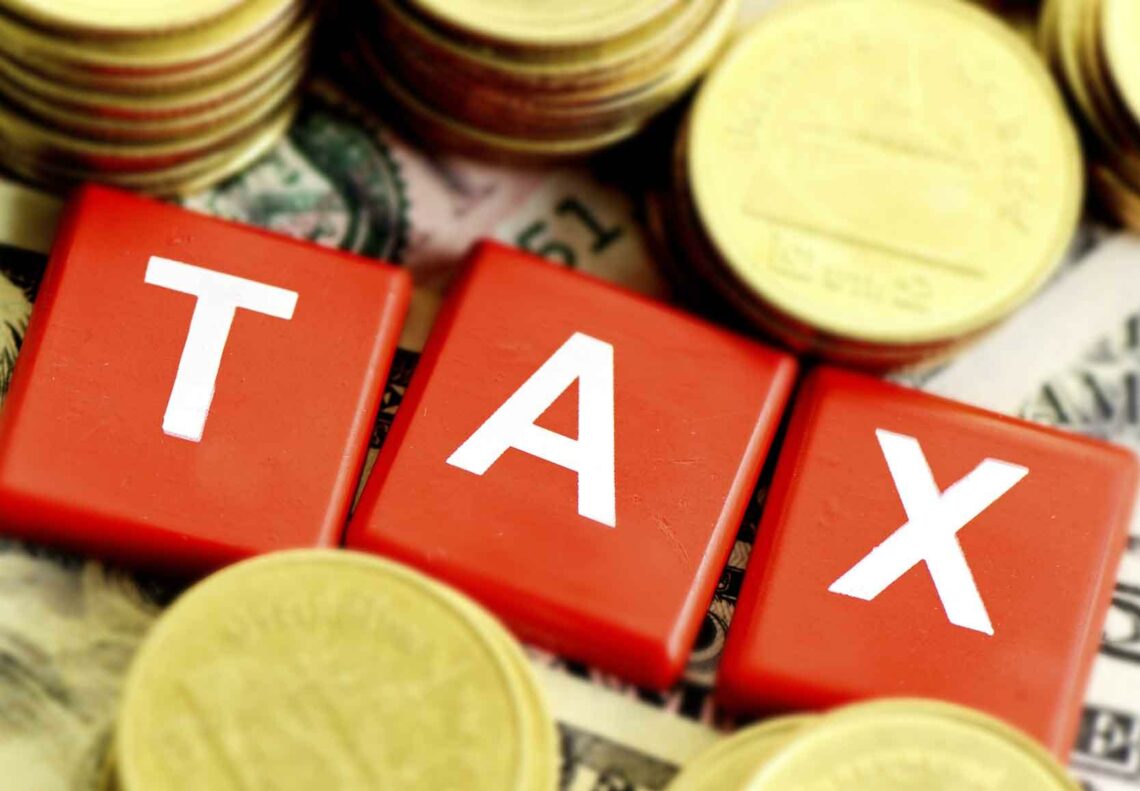As small businesses inch towards bankruptcy due to high operating cost and unfriendly business environment, economists and policy experts have geared up efforts to mitigate SME failures by providing tax reliefs and incentives for the protruded base of the informal sector.
To reduce the impact of inflation, analysts have recommended tax breaks, incentives and waivers for the SMEs and companies whose turnover is less than N25 million annual returns.
For companies to recoup profit, they clarified that SMEs, indigenous companies and sundry players along the SME value chain should be given tax breaks and exempted from paying multiple taxes to enable them recoup profit and climb the socioe-conomic ladder.
They also referenced that SMEs play a crucial role and contribute to GDP growth and also form a large base of the informal sector players.
Analysts are urging the government to offer tax waivers to the organised private sector to help them pay the new N70,000 minimum wage.
A research fellow and economist, Akpan Ekpo, suggests the need to target micro, small, and medium enterprises (SMEs) with tax incentives, excluding larger firms already paying above the new minimum wage.
Ekpo argues that easing taxes for SMEs would enable them to pay the increased wage, noting that small businesses have faced challenges like foreign exchange instability and power supply issues. If not assisted, SMEs may resort to massive layoffs.
CEO of the Centre for Promotion of Private Enterprise, Dr. Muda Yusuf agrees, citing the challenging operating environment for businesses in Nigeria, particularly the small and midsize businesses.
He buttressed that the decrease of small-scale industrialists threatens Nigeria’s goal of becoming a trillion-dollar economy, as small-scale industries are essential for economic growth.
Yusuf reiterated the need for balance between supporting workers amid cost of living challenges and considering the struggles of businesses, which must thrive to create and retain jobs. Both analysts emphasise the importance of targeted tax incentives to help SMEs absorb the increased minimum wage.
Speaking in a telephone conversation with NATIONAL ECONOMY, The national president of Association of Small Business Owners of Nigeria (ASBON) Dr. Femi Egbesola suggested that the government should remove the encumbrances withholding the ease of doing business.
He further revealed that the new minimum wage act exempts SMEs from the tax windows even as he urged the government to exempt SMEs and midsized businesses from the tax windows to enable them revive their businesses.
ASBON boss posited that production distress and inconsistency of fiscal policy may further hurt manufacturers and small business owners in the country while stressing that the government needs to strengthen fiscal policy protection for entrepreneurs, SMEs and small scale industrialists in the country. This, he said, is to stem the tide of inflation by encouraging single digit loans for local manufacturers and local firms and also remove all encumbrances to ease of doing business.
He applauded the crucial roles of SMEs in boosting revenue and reducing unemployment in the country even as he urged the government to offer tax breaks, waivers and incentives to members of the organised private sector and players in the SME sector.
He further suggests targeting micro, small, and medium enterprises (SMEs) with tax incentives, excluding larger firms already paying above the new minimum wage.
He argued that easing taxes for SMEs would enable them to pay the increased wage, noting that small businesses have faced challenges like foreign exchange instability and power supply issues. If not assisted, SMEs may resort to massive layoffs.
On his part, director general of (MAN) Segun Ajayi-Kadir commended President Bola Tinubu for the breakthrough on the long-awaited minimum wage for Nigerian workers. However, he highlighted the inability of small businesses to afford the new wage level amidst recent economic challenges.
He stated that,“Manufacturers look forward to the promised assistance and urge the private sector to hold onto the President’s promise to enable compliance with the agreement.”
He referenced the demands made by the Organised Private Sector during tripartite negotiations, emphasising the necessity of addressing challenges to improve the capacity of businesses to pay the minimum wage. He noted that these constraints could impede MAN members’ full compliance when the new wage is implemented.
Ajayi-Kadir’s demands for supporting the private sector included exemption for MSMEs: Due to their operational challenges and incapacity.
He also called for CBN Action to redeem outstanding foreign exchange forwards for companies in the productive sector while he highlighted the need to Reverse electricity tariff, duty Exemptions On imported conversion kits and subsidies on procurement.
In addition, Ajayi Kadir also stressed the need for a tax moratorium for SMEs, fixed import duty rate: set at N800 for assessing import duty on all production inputs.
In his remarks, the National vice president of the Nigerian Association of Small-Scale Industrialists, Segun Kuti-George, said, “Business owners are already battling with the high cost of production and this is serious especially when business owners are trying to do all that they can to reduce cost.
“The new minimum wage is a good step in the right direction which is what the labour unions have been clamouring for a long time and we have nothing against it but whether we as small businesses can pay or not is another major issue.
“If small businesses pay N70,000 it may lead to the downsising of workers and closure of some companies which will escalate the unemployment rate in the country.”
He noted that for small businesses, an increase in costs would become a significant burden.





